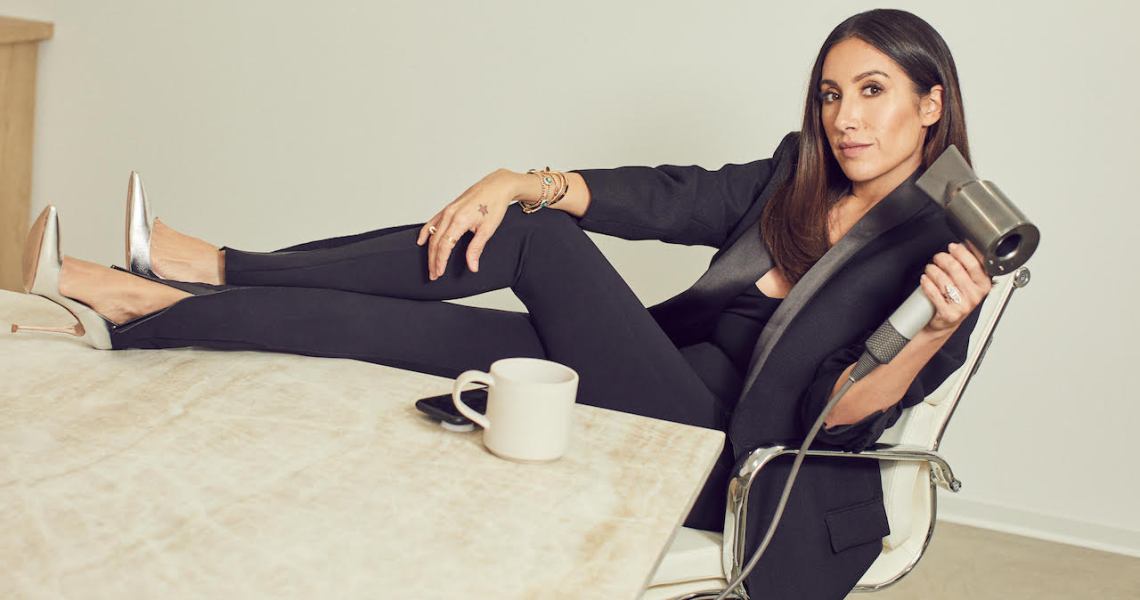One year since salons were first impacted by pandemic shutdowns in the U.S., “close-contact” workers like hairstylists and colorists have been among the hardest hit.
Mane Addicts and Ouai founder Jen Atkin and other hairfluencers are teaming up with Dyson, to bring exposure to the challenges stylists have faced over the past year. The new “Salon Heroes” campaign launched on hair-focused beauty site Mane Addicts. In it, Dyson’s brand ambassadors Atkin, Salon PK owner Pekela Riley and celebrity stylist Matthew Collins are calling on participants to submit the stories of stylists or salon owners they believe have made a difference in the past 12 months. The campaign runs between March 15-21. Of those nominated through an online form on Mane Addicts, 25 will be selected between March 22-25 to receive Dyson products and be featured on the site. Stylists and owners within that group will have the opportunity to take part in Zoom education panels featuring hair tutorials with the ambassadors and giveaways.
“For the past year, stylists have faced some unimaginable challenges,” said Atkin. “With the closings of salons, salon owners and stylists were forced to come up with alternative ways for their careers to continue to thrive.”
Collins estimates that 80% of hairstylists lived “week-to-week” off their paychecks, even before the pandemic. He noted that many stylists are listed as independent contractors and therefore ineligible for unemployment.
“My main purpose right now is just to try to get these stories out there, because a lot of them are more hidden,” said Collins. “Many of my friends have now not worked for about eight months of this last year. I can’t even imagine how people are maintaining their livelihood at all.”
When the pandemic first hit, brands and salons set up a variety of programs and fundraisers to help workers that had lost income. And hair-care brands have been launching initiatives to help salon workers sell more products via affiliate programs. But selling hair products hasn’t traditionally been a major source of income, said Collins. “Some [stylists] made a ton of money through product, but most of them didn’t because they didn’t focus on that.” Other stylists have pivoted by creating their own at-home hair color kits for their customers.
In this light, digital awareness has become even more important for stylists’ careers.
Atkin noted that stylists could benefit from the exposure provided by Mane Addicts, which has over half a million Instagram followers. “For the stylists themselves, our hope is to showcase all the good that they are doing within their community and salon, and ensure they know that there is an entire industry that is cheering them on,” she said. “Online exposure and your social media presence are important for growing a stylist’s career more than ever right now. With TikTok trends and styles going viral during quarantine, clients are turning to Instagram to find new stylists that will allow them to try out these trends.”
“The biggest change with social media is all being able to share stories from smaller markets. When you look at the top hair influencers, they’re not always from major cities. They’re from small cities and Middle America,” said Collins.




